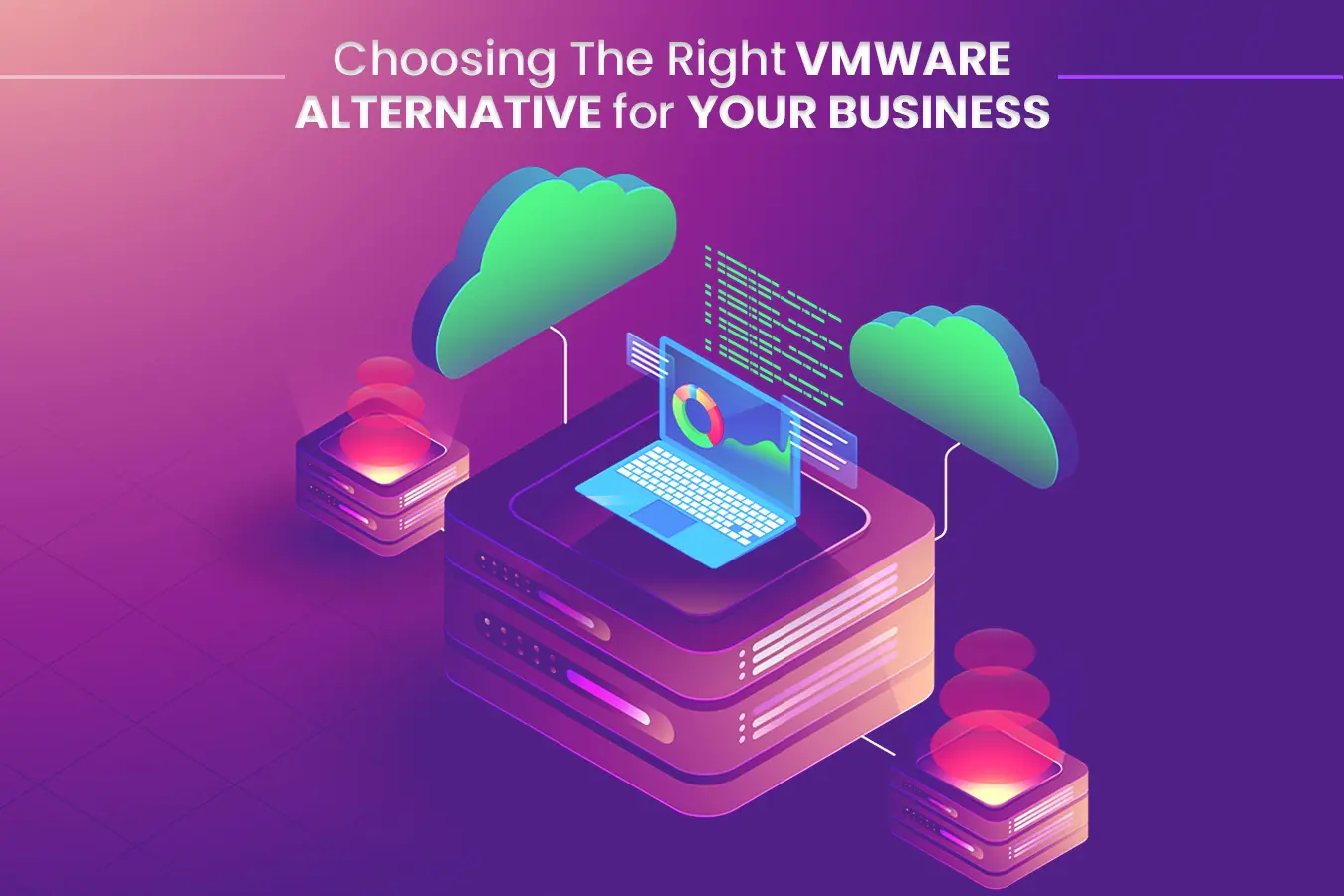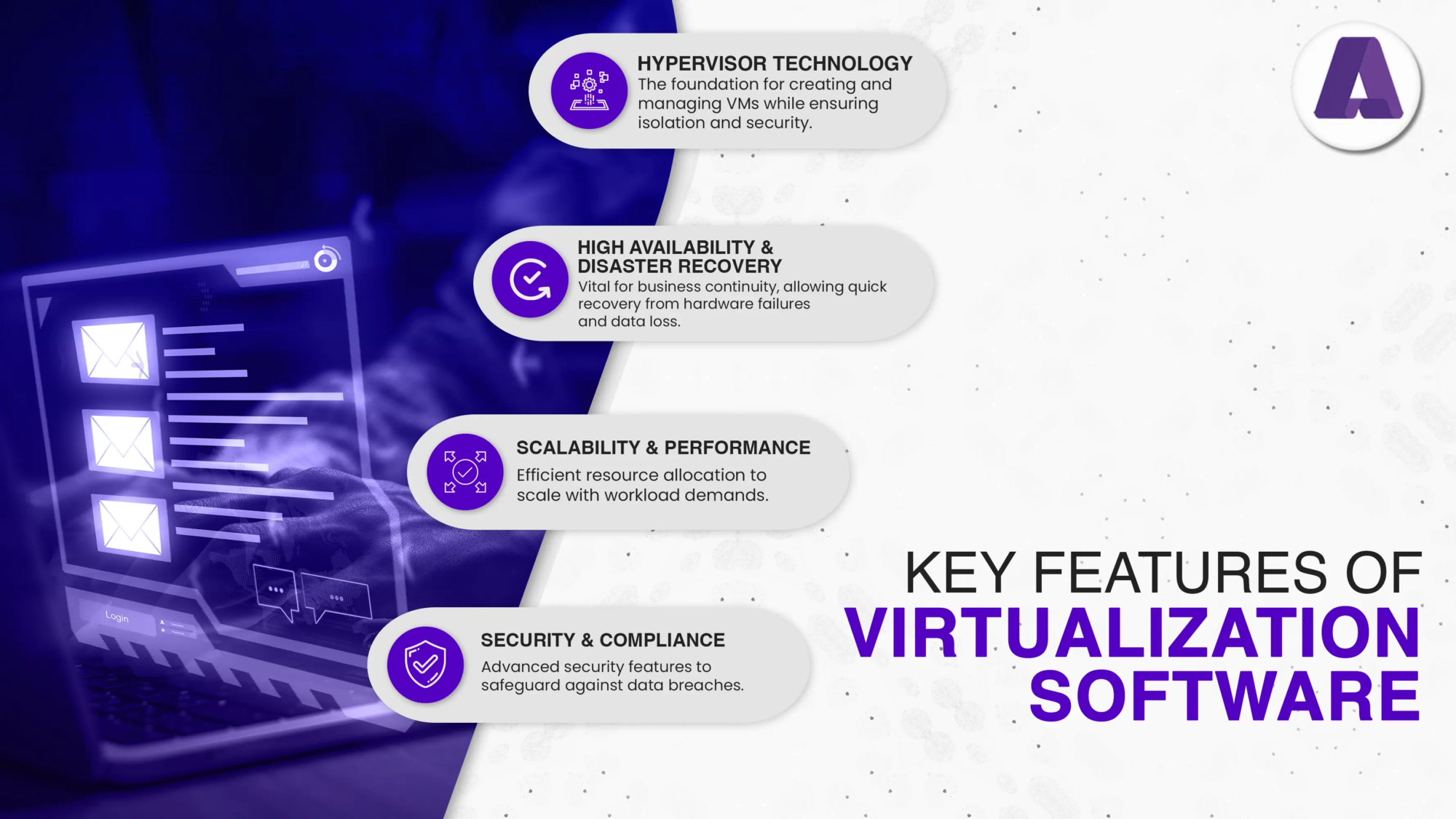
Introduction
In November 2023, Broadcom completed its acquisition of VMware, a move that has sparked significant changes to VMware’s overall business strategy, product offerings, pricing and licensing models, as well as its sales channels. According to Gartner, these shifts have been both abrupt and impactful, leaving customers uncertain about VMware’s future direction under Broadcom’s ownership.
VMware has long been the leader in the on-premises virtualization market, commanding an impressive 75% market share. This dominant position has made VMware the standard choice for businesses seeking reliable, scalable, and efficient virtualization solutions. However, the transition to Broadcom ownership has raised several concerns for VMware customers, particularly around issues such as pricing increases, Broadcom’s reputation for prioritizing cost reductions, and uncertainty about future product development and support.
As a result of these concerns, many businesses are exploring alternatives to VMware. A recent Gartner survey found that 73% of survey participants are actively seeking alternative options to VMware, a clear indication of the growing apprehension regarding the future of VMware under its new corporate parent.
This blog aims to dive into the various VMware alternatives that businesses should consider. We will explore a range of solutions that may offer comparable features, cost-efficiency, and flexibility, and discuss how these alternatives could provide a better fit for organizations looking for stability and long-term support in their virtualization infrastructure. Whether you’re a small business or an enterprise, understanding these alternatives will help you make informed decisions about your IT infrastructure moving forward.
Key Challenges With VMware
- High Costs and Complex Licensing: VMware’s licensing structure, coupled with ongoing maintenance and support fees, can lead to significant expenses, especially for organizations with extensive and expanding environments. The multi-tiered licensing and frequent need for upgrades further strain budgets.
- Vendor Lock-In: VMware poses a significant risk of vendor lock-in, limiting an organization’s ability to adopt new technologies or shift to alternative platforms. This dependency can stifle innovation and reduce flexibility.
- Performance Challenges: As workloads grow in size and complexity, VMware environments may face performance issues, impacting application responsiveness and user experience. Scaling resources to mitigate these bottlenecks can be costly and time-consuming.
- Management Complexity: Managing a large-scale VMware environment often requires specialized expertise and substantial resources, leading to increased operational complexity and inefficiencies.
- Limited Cloud Integration: Although VMware provides cloud integration features, it does not always offer the seamless, cost-efficient experience that organizations seek when deploying hybrid or multi-cloud strategies.
- Broadcom Acquisition Concerns: The acquisition of VMware by Broadcom has caused further uncertainty. Businesses are worried about potential changes in pricing models, product investment, and long-term support. These challenges have prompted many organizations to consider potential VMware alternatives as a more stable and strategic solution.
These challenges, along with the uncertainties introduced by Broadcom’s acquisition, have prompted organizations to seek more stable and cost-effective solutions. Let’s look at alternatives as solutions to these challenges.
Understanding Virtualization
Virtualization technology is fundamental to modern IT infrastructure, allowing for efficient resource use and flexible management of hardware and software environments.
Core Aspects of Virtualization:
- Creating Virtual Environments: Hardware components like CPU, memory, and storage are abstracted to create multiple independent virtual machines (VMs) from one physical system, each running its own OS and applications.
- Resource Management: Virtualization pools resources to enable scalable and agile IT deployment, essential for today’s dynamic business needs.
Key Features of Virtualization Software:

This concept aims to clarify the virtualization landscape and shed light on viable alternatives to VMware, an essential insight for businesses navigating their virtualization options.
Best On-Premises VMware Alternatives
|
|---|
Top VMware Solutions from Cloud Providers
- Microsoft Azure VMware Solution (AVS) provides an efficient way to migrate on-premises VMware workloads to Azure, using familiar VMware tools. AVS is the fastest path to the cloud, enabling innovation with access to over 200 Azure services. This fully managed VMware private cloud in Azure simplifies migration with minimal refactoring, allowing IT teams to utilize existing VMware skills while seamlessly expanding into Azure.
- Azure VMware Solution now fully supports VMware Cloud Foundation (VCF), offering flexibility for private clouds with cloud benefits. Start by purchasing Azure VMware Solution with VCF included or use your existing VCF subscription and pay only for Azure services. Both options provide the same management experience, with Microsoft handling infrastructure, updates, and more.
- Google Cloud VMware Engine, managed by GCP, lets organizations run VMware workloads natively, offering configurations like vSphere, vSAN, NSX-T, and vCenter. This minimizes hardware and software management efforts, focusing on workload migration and optimization.
- Oracle Cloud VMware Solution provides a dedicated private cloud on Oracle’s Gen 2 infrastructure, supporting “move-and-improve” cloud migrations while maintaining an on-premises-like experience with added Oracle Cloud scalability.
Conclusion
Choosing the right VMware alternative depends on your unique business needs, budget, and long-term goals. While VMware continues to dominate the market, there are plenty of viable alternatives that offer flexibility, scalability, and cost savings. By carefully assessing your requirements and evaluating the features of different platforms, you can find the right solution to optimize your virtualization environment and keep your business running smoothly.
For a smooth and hassle-free migration, partnering with a trusted expert is essential. Aptly Technology is your go-to ally, offering expert guidance every step of the way. As a Microsoft Gold Partner, we specialize in VMware-to-Azure migrations, ensuring a seamless transition to the cloud with precision and efficiency.
Aptly AVS Migration Service delivers complete consulting and advisory support for enterprises moving VMware workloads to Azure VMware Solution (AVS). We facilitate the smooth modernization of your VMware environment on the cloud, ensuring optimized performance and cost-effectiveness.




